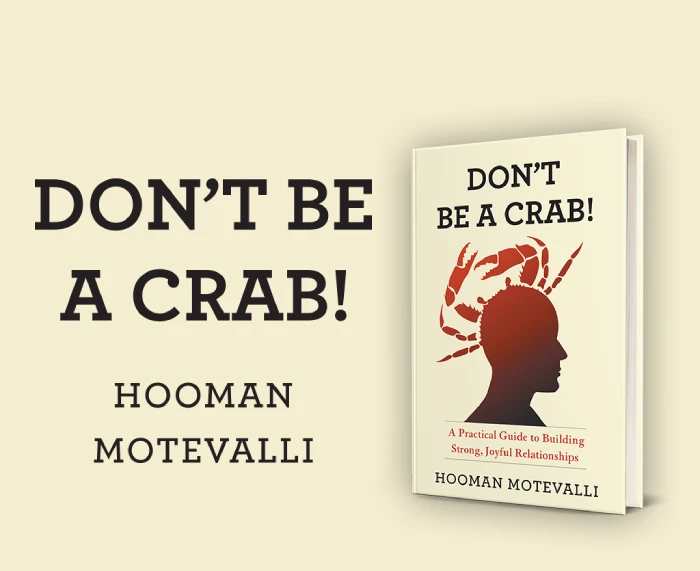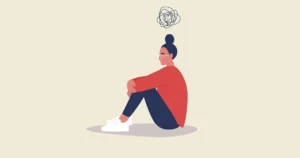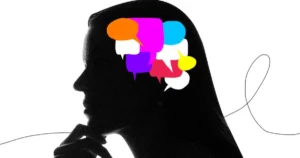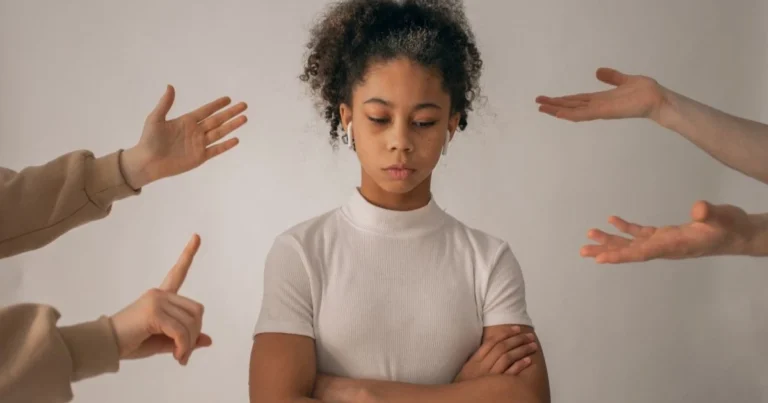Do you love yourself? Most people don’t. As a tutor, mentor, and coach, I’ve had many years of experience with people, trying to help them become better mentally, emotionally, and physically. I’ve discovered that most people don’t like themselves. Some of them are aware of this, while others are completely unaware of self-love.
Love begins with loving yourself. You cannot give what you do not have, especially real love. If you don’t get along with yourself, you won’t get along with other people. When you reject yourself, it may look to you like others reject you as well.
When you love yourself, you place yourself high, and there’s enough to go around to everyone who meets you. You feel more relaxed when you enter new relationships because the love you give to them is not dependent on the love they show you or because you’re desperate to be loved.
Why Self-Love In Relationships Is Important
Relationships are at the core of our existence. How we feel about ourselves in relationships is a critical factor in the relationship’s success and our lives. When you learn to love yourself, people will be drawn to you. They might not know why they are there, but they feel something special about you. They are compelled by the love you have for yourself, and they want to be like you.
You can see every relationship in your life as an opportunity to learn how to love and be loved. So, no matter what happens at the end of that relationship, you move forward with the love you’ve cultivated within yourself.
The secret to self-love in relationships is to learn to see you—not just your flaws, mistakes, and failures, but your strengths, wins, and moments you’re proud of. Self-love is about paying attention to how you love and value yourself. In this article, you’ll learn the right steps to love yourself and others.
Take Care Of You
Self-love in relationships starts with caring for yourself. Self-care is not about taking the right vitamins every morning or drinking hot green tea before stepping out. It’s also not necessarily about working out or having some quiet time to yourself. It’s about doing something you want to do—something that aligns with you.
Some people do certain things in their relationships to conform to societal standards of love. You should only do things in a relationship because they make you feel good; you shouldn’t feel compelled to do things you don’t want to.
Loving others should bring you joy and happiness. You should be present with joy in every moment you spend with your partner. This could mean canceling your plans for the weekend to spend with your loved ones because you want to, not because you feel you no longer have their time.
Self-care starts with treating yourself with more dignity and respect and prioritizing yourself daily. Self-care can be about what you wear, what you eat, where you love, what you say, what you think, and what you do. It’s being more intentional about the decisions you make about yourself.
Show Grace To Yourself

How often do you tell yourself nice words? Do you tell yourself how much you love yourself? Self-compassion is one of the key ways to show self-love in relationships. It’s about learning to treat yourself with kindness and grace. Have you noticed how easy it is to motivate and embrace others in their downtime, whereas you can find it difficult to practice this self-love in relationships?
Give yourself the same attention and love you confidently give to others. Allow yourself to be who you are without guilt. Don’t compare yourself. Avoid mean thoughts about yourself. Become your own best friend. Treat yourself like you’re someone you’re responsible for caring for. Be gentle with yourself during times of struggle or self-criticism, and acknowledge that you deserve love and care.
Self-compassion is about learning to treat yourself with kindness and understanding, just as you would a close friend or partner. By practicing self-compassion, you can cultivate empathy and forgiveness toward yourself, which can ultimately strengthen your relationship with others.
Believe In You
Have you ever doubted your feelings in a relationship? Maybe you downplayed a red flag or ignored your gut instinct for fear of being “needy.” Some people don’t trust themselves enough to make certain decisions in a relationship because of fear or rejection.
Trust in relationships isn’t just about believing your partner. It’s about believing in yourself—your intuition, values, and ability to make choices that honor them. Sometimes, we try to control other people’s perceptions of us in our relationships, worried they’ll see us in a way we don’t like.
Self-trust is the cornerstone of self-love in relationships. When you trust yourself, you value your feelings, needs, and desires. This allows you to prioritize your well-being and create space for authentic connections within your relationships. You become more likely to attract and maintain connections built on mutual respect and clear communication.
To thrive in your relationship, you have to feel safe and trust your partner, and that starts with trusting yourself. It’s okay to listen to your heart and follow the directions that come to you from within. When you trust yourself, your relationship will create more possibilities and joy.
Love In The Moment
Some people wait until they’re in a relationship before they experience happiness. They’re waiting for someone else to fill that happy spot in their lives—for external factors to fill that void. They become fixated on controlling the outcomes of their relationships to ensure a happily-ever-after story.
Instead, you’re unconsciously telling yourself that you’re not worthy of chasing or experiencing those desires alone. The relentless pursuit of control can be the very thing that suffocates the joy and growth in the relationship.
Letting go of the need to control the outcome is not about apathy or indifference. It’s about acknowledging the uncertainty of life and embracing the journey itself. It’s about trusting the process of getting to know someone, flaws and all, and allowing the relationship to unfold naturally.
When you loosen our grip on the desired outcome, you open ourselves up to the possibility of something even more beautiful—a connection built on authenticity, mutual respect, and the freedom to grow together. Life is in the moment. If you give yourself what you want first, you won’t be desperate for it in a relationship.
Appreciate Who You Are
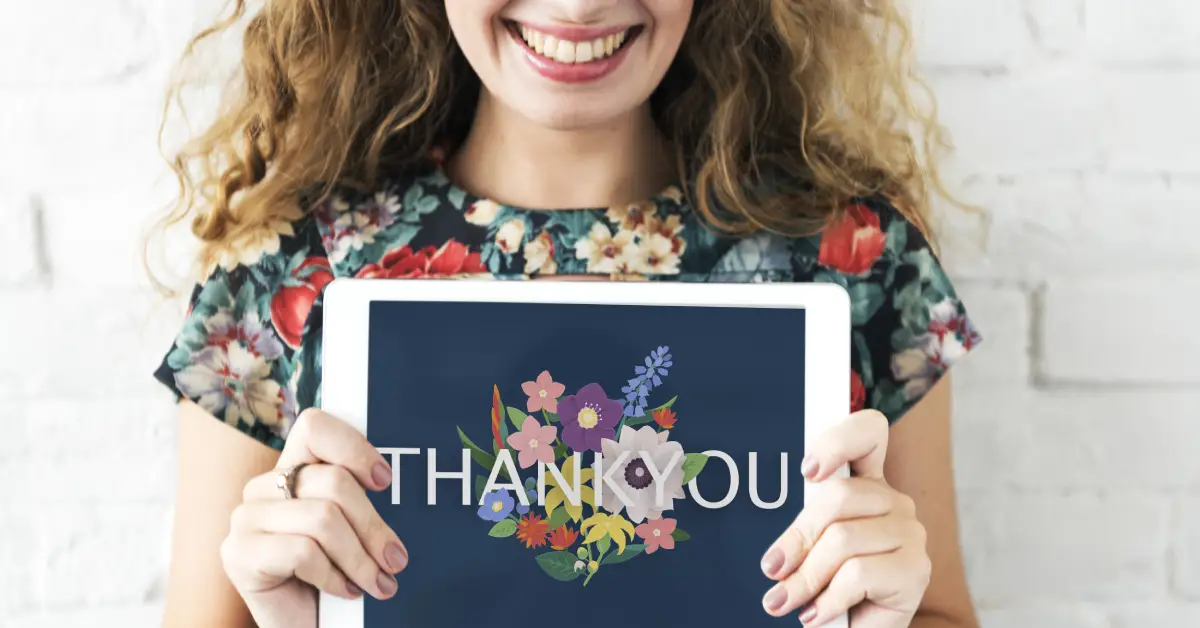
Sometimes, it’s easy to look at other people in our relationships and forget about how awesome you are. You look at them, admire everything they do for you, and wish you were like them, forgetting how valuable you are to them, too. Some people may even attempt to change their identity to gain acceptance from their loved ones within a relationship. They want to fit in and feel like they belong.
There might be things about you that you wish you could change for the better, but instead of running from them or seeing them as flaws, embrace them and show them to the world. When you show your true self, you’ll see people for who they are, and more often than not, we’re all alike.
Self-love in relationships is important. No one can make you feel “less than” without your consent. When you stop letting your insecurities win, negotiating with yourself, and wishing you were someone else, you can see who you are and love yourself.
How you look does not make you less of a person. What you wear does not define where you’re from. Your body size does not determine your capacity. You can never judge a person’s insides from what you see outside. You’re as beautiful as you allow yourself to feel.
Conclusion
There’s no end to self-love in relationships; there’s more to how you can show yourself love. We’re built to love and give love, and what better place than to start with yourself? Self-love in relationships is about releasing and letting go of all the beliefs, barriers, and insecurities that stop you from finding love and yourself.
By following the steps outlined in this article—prioritizing self-care, showing yourself compassion, trusting your intuition, living in the moment, and appreciating your unique qualities—you’ll build a strong sense of self-worth.
If you want to learn how to radiate your inner love outward, build healthy connections, and embrace the love you give and receive, check out my book, “Don’t Be a Crab.” In it, I teach you how to love yourself completely and share that love with others.

